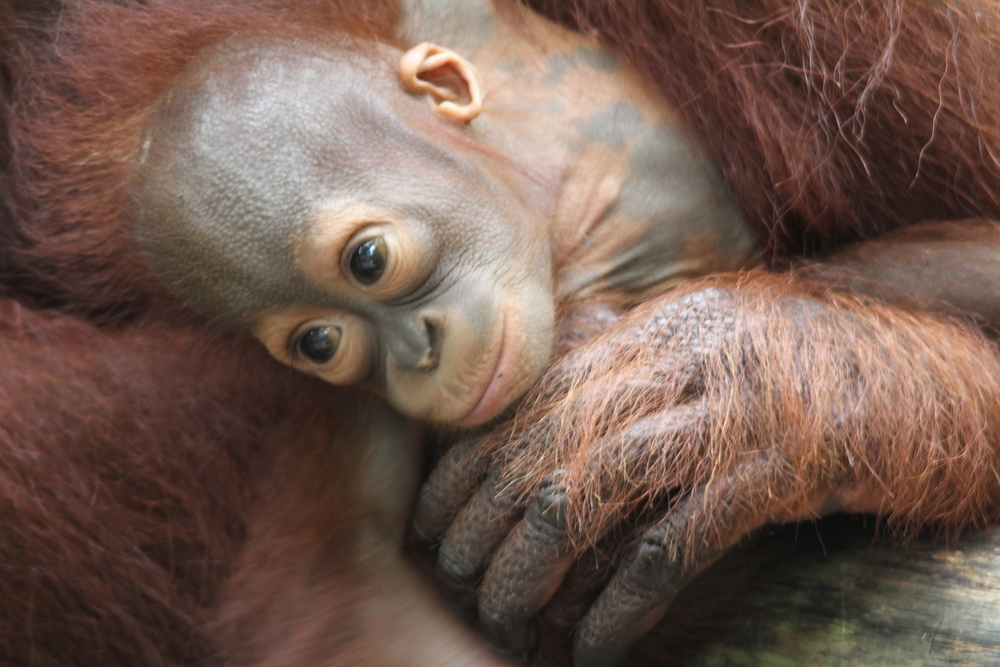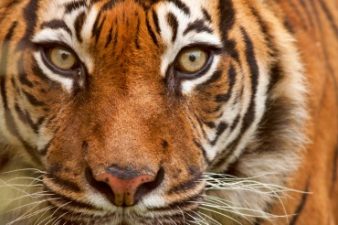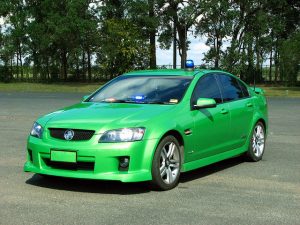 The United Nations now classifies the illegal trafficking of exotic wildlife as second only in scale to the illegal drug trade, with Dubai emerging as a major smuggling center for the world’s most rarefied creatures.
The United Nations now classifies the illegal trafficking of exotic wildlife as second only in scale to the illegal drug trade, with Dubai emerging as a major smuggling center for the world’s most rarefied creatures.
“Dubai is a major hub in terms of international travel, especially coming from African countries. This is a big place for wildlife trafficking,” said Steve Chao, host of the Al Jazeera current affairs program 101 East, which televised an investigative report on poachers in late November.
Entitled The Return of the Lizard King, the documentary focuses on Malaysian wildlife trafficker Anson Wong and barely mentions Dubai. But Chao told The National that, in the course of his research, he discovered that poachers are exploiting the emirate’s position as an efficient transit hub between Asia and Africa.
Dubai’s become a critical path on the smuggling road.
Watch the full 26 minute documentary, below:
Rare animals are stolen from their African habitat, then routed through Dubai to Asia for sale to collectors worldwide. Posing as a wildlife dealer, Chao met with traffickers in Madagascar, Malaysia and Thailand, shadowy figures with keen knowledge of major airports’ security procedures.
“They have inside information from Customs officials as to which airports have xray checks, how many hours it takes before a suitcase is xrayed,” said Chao. Quick connections make Dubai Airport attractive since, for some flights, luggage checked at the point of origin is not re-screened.
“They know that if they can get something from Madagascar to Dar Es Salaam and then through to Dubai, they can quickly pick up another plane within a few hours, bypassing the need for an xray check,” Chao said.
The Convention on International Trade in Endangered Species of Wild Fauna and Flora (Cites) regulates trade in endangered animals and plants. But Chao says traffickers sidestep restrictions by shipping animals to Asian countries such as Malaysia, where corrupt officials certify the animals are non-endangered species before exporting them to nations with more rigorous importation rules.
“It might be an exotic tortoise that’s been shipped in,” Chao said. “They change the name of the tortoise and then get papers that are legal Cites documents saying it’s an average tortoise, not endangered.”
Cites protects over 5,600 animals and distinctions among subspecies can be difficult to discern, making it challenging to verify whether the documents match the animal.
“That’s one of the biggest failings of Cites, the fact that sometimes the regulations of what is endangered are just too confusing for the average Customs official or even for wildlife officials in certain countries,” Chao said.
The notorious Wong, also known as “the Lizard King”, has served two jail sentences for trafficking in the US and Malaysia, but is known to be back in the game. It’s lucrative; the black market in endangered species is valued at $26 billion a year.
“The reason we went after the Lizard King (is because) he was an example of all the failures in terms of international law enforcement,” said Chao.
Image of baby orangutan from Shutterstock




2 thoughts on “Dubai exposed as major wildlife trafficking hub [video]”
Comments are closed.